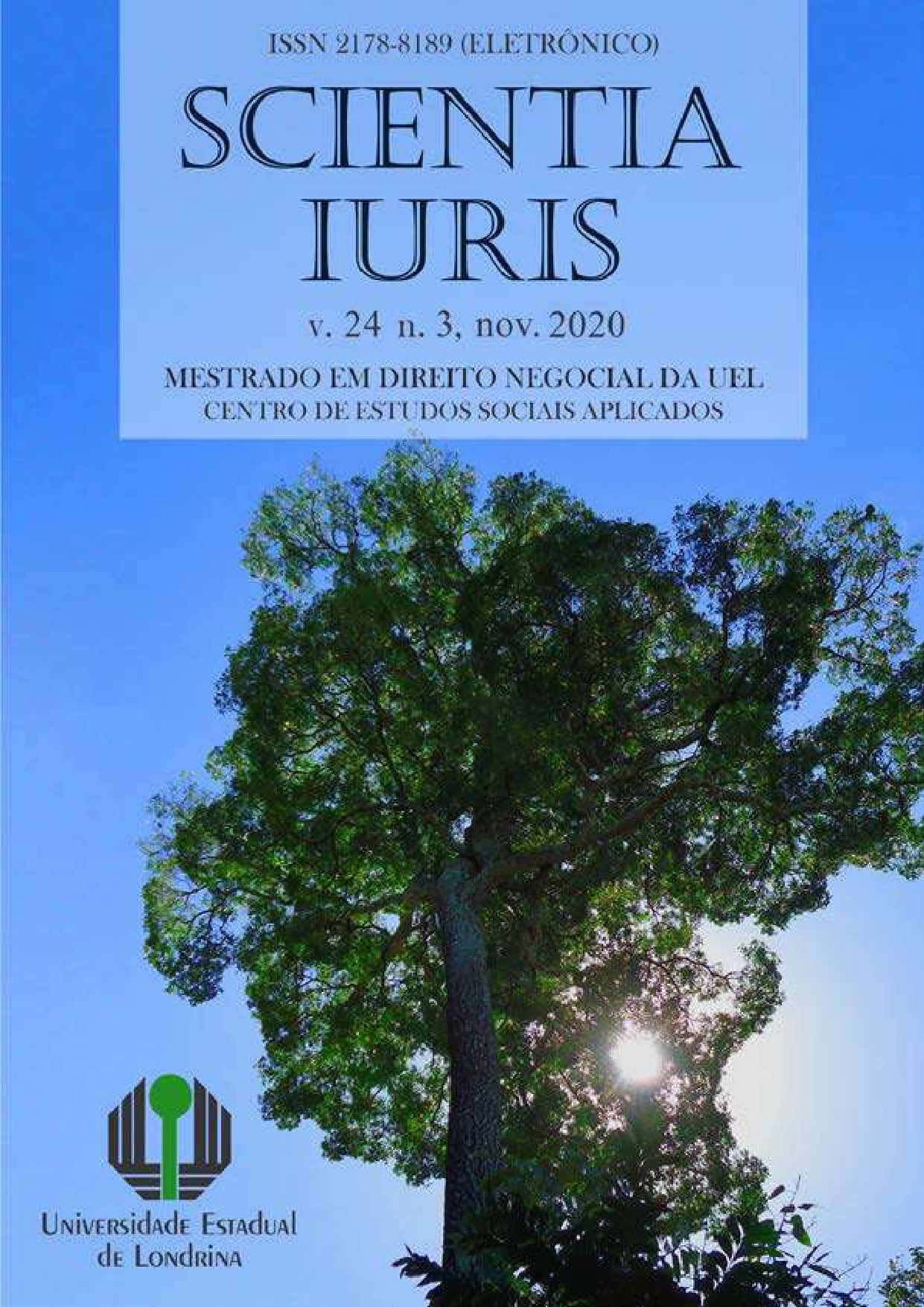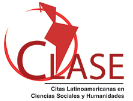Between new public management (npm) and postnpm: govtechs of documental management at the perspective of the fundamental right to acess to information
DOI:
https://doi.org/10.5433/2178-8189.2020v24n3p174Keywords:
Govtech. Document management. New Public Administration. Access to information.Abstract
This paper examines the parameters of the fundamental right of access to information in govtechs. Furthermore,
its hypothesis is that this right should be a top priority of the
Brazilian government when there are partnerships between it and
govtechs. Moreover, this research understands that regulatory
mechanisms should be used to intervene in cases of violation of
these rights. This study utilizes the hypothetical-deductive method with the qualitative approach and the bibliographic-documentary research technique. This research finds, firstly, that govtechs
can be understood, in Brazil, from the context of a new form
of transition between new public management (NPM) and postNPM. Therefore, assumptions of complete transfers of public
services are false because it does not sell but pursuits partnerships with the public sector, whilst maintaining characteristics
of their own sector (although there is still a significant legacy
of NPM in Brazil, given that the proposed managerialism underpinned extensive privatization and privatization processes,
to the extent that post-NPM initiatives work in an ambiguous
scenario). Furthermore, the link between private initiative and
public administration within the scope of govtechs requires that
the fundamental right of access to information be respected and
promoted from a normative and regulatory framework, as well
be the promise of these companies. Therefore, the application of
the right of access to information to document management govtechs is important, and this paper understands that most modern
management systems contribute to the effectiveness of this right.
Downloads
Downloads
Published
How to Cite
Issue
Section
License
Copyright (c) 2020 Scientia Iuris

This work is licensed under a Creative Commons Attribution 4.0 International License.
The journal reserves the right to modify, in the original text of the submitted article, normative, spelling and grammatical mistakes in order to maintain the cultured standard of language and the credibility of the journal. The journal will respect the authors' writing style. Changes, corrections or suggestions of conceptual order will be sent to the authors, when necessary. In such cases, the articles will be re-examined. The final exams will not be sent to the authors. The published works become the property of the journal, in other words, its total or partial reprinting is subject to the express authorization of the journal. In all subsequent citations, the original source of publication shall be cited and in the case of Photographic Speeches, shall be approved by the original author. The opinions expressed by the authors of the journal's articles are of their sole responsibility.


















